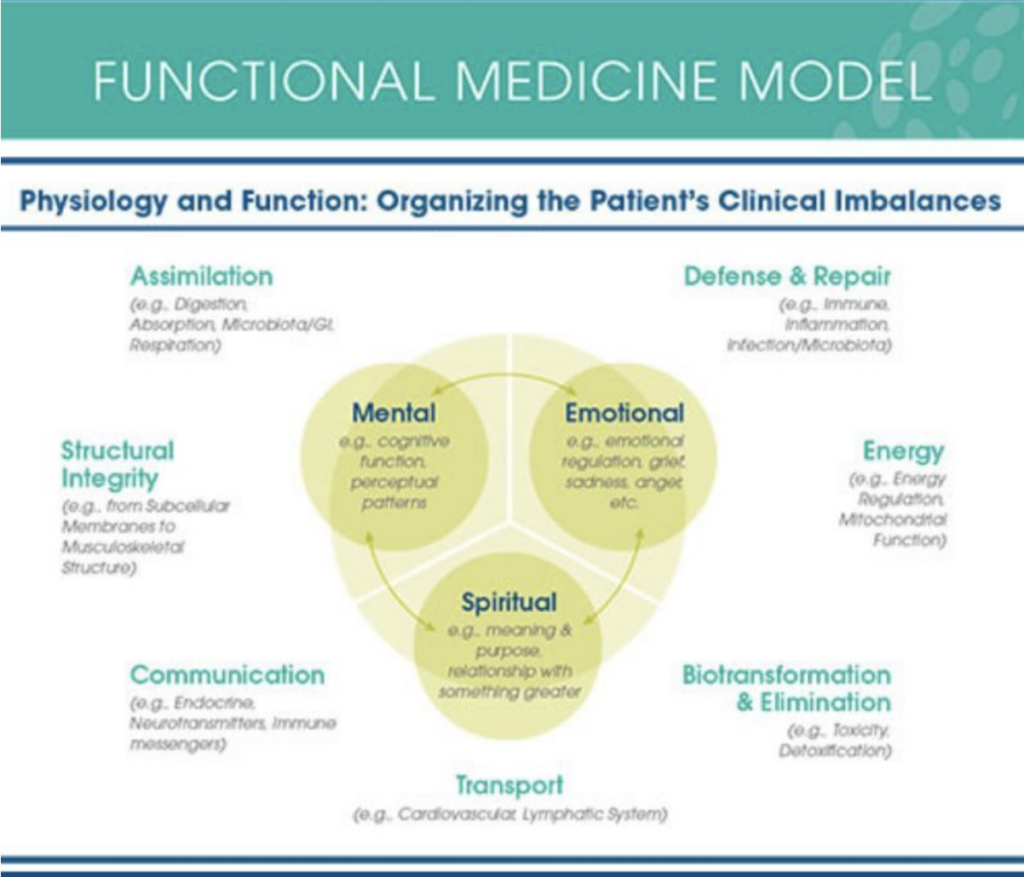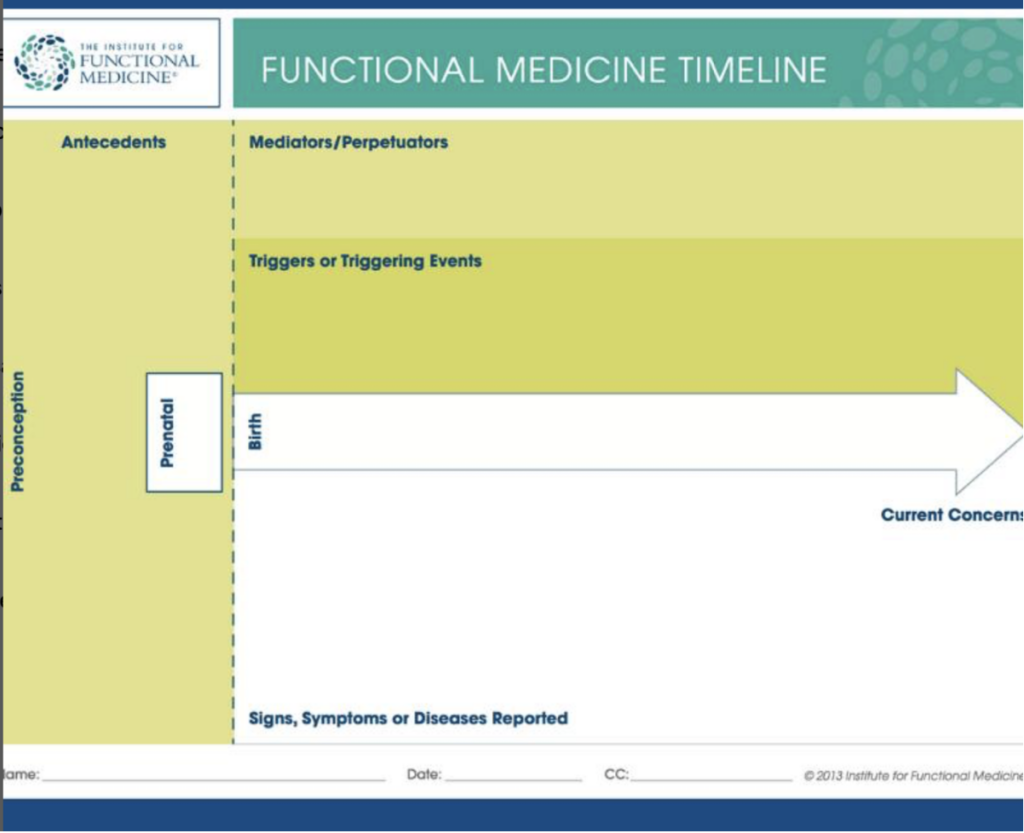Uncovering a misdiagnosis
I once worked with a client diagnosed with multiple sclerosis (MS). Despite receiving treatment for MS, her condition did not improve. Through comprehensive evaluation and testing with me, we discovered she actually had Lyme disease, a condition notorious for mimicking other illnesses. This diagnosis was crucial, as Lyme disease progresses throughout the body, causing extensive damage if left untreated.
This highlights the value of finding the root cause of symptoms and demonstrates an important difference between conventional medicine and functional medicine. It’s sadly quite common for root cause illnesses to be missed, leading to less effective treatment and, in some cases, unnecessary and potentially harmful medication.
I want to emphasize that I hold great respect for the NHS, especially for its acute care services. My family and I have benefited immensely from its emergency treatments. However, the differences between conventional and functional medicine are profound, particularly in their approaches to chronic illness.
Conventional medicine excels in acute care situations, such as emergencies, surgeries, and infections. It provides rapid interventions to address immediate health issues, often involving prescriptions and, if fortunate, some basic biomarker testing. However, these tests are rarely extensive.
In contrast, functional medicine considers the entire interconnected web of biological systems, including factors like stress, relationships, spirituality, and environmental influences, all of which play significant roles in health. When working with an experienced functional medicine practitioner, comprehensive information from your entire life is gathered to create a detailed timeline of your health journey. This timeline, organized into antecedents, triggers, and mediators, helps pinpoint the true onset of illness, often much earlier than initially thought.
- Antecedents: Predisposing factors impacting health.
- Triggers: Factors provoking symptoms.
- Mediators: Perpetuating factors contributing to pathological changes and dysfunctional responses.
After constructing your timeline, I recount your story to ensure accuracy and understanding, turning your health history into a collaborative conversation. This narrative forms the foundation of your personalized treatment plan, guiding you towards better health.
Conventional medicine, constrained by brief appointments—typically only 10 minutes with a GP—cannot offer the same depth of investigation. Chronic health issues require substantial time, often 60-90 minutes, to thoroughly understand and address the complexities involved.
I have been practicing functional medicine for over ten years, traveling to the United States for training. My passion for functional medicine stems from its holistic approach, which seeks to uncover the root causes of illness rather than merely treating symptoms with medications.
Both functional and conventional medicine have their strengths and are not mutually exclusive. Conventional medicine is invaluable for acute and emergency care, while functional medicine excels in managing chronic diseases and promoting preventive health. By understanding the principles of each, patients can make informed decisions about their healthcare, often finding a balance that incorporates the best of both worlds.


Image source: IFM website
Comparing Conventional and Functional Medicine
Diagnostic Approach:
- Conventional medicine relies heavily on diagnostic tests and symptom management.
- Functional medicine delves into root causes through a comprehensive evaluation of the patient’s history and lifestyle.
Treatment Methods:
- Conventional treatments are predominantly pharmaceutical or surgical.
- Functional medicine employs lifestyle changes, nutritional interventions, natural therapies, and in-depth testing where appropriate.
Patient Interaction:
- Conventional doctors typically have shorter, more frequent visits focused on treating acute symptoms.
- Functional medicine practitioners spend more time with patients, emphasizing education and long-term health strategies.
Functional medicine’s strength lies in uncovering why a person got sick in the first place, offering a path to true healing by addressing underlying causes rather than just symptoms. This approach can transform patient care and outcomes.





